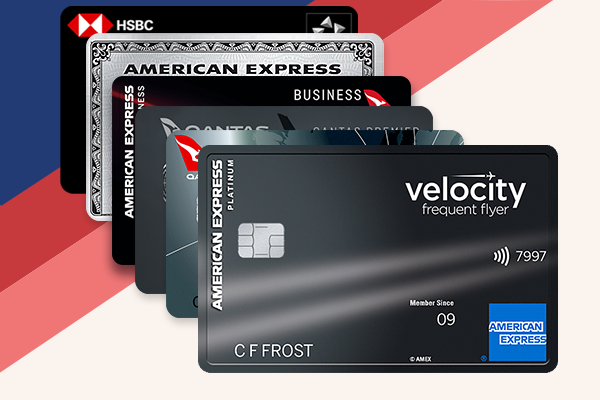- Joined
- Jun 27, 2007
- Posts
- 10,743
- Qantas
- LT Gold
I think you need the formal answer from Qantas on it, but at a guess I would suggest that the battery will need to certified as non-spillable. There will likely be some specific packaging conditions along with it.
Agree their response will be direct and current unlike some of the alternating answers here.















